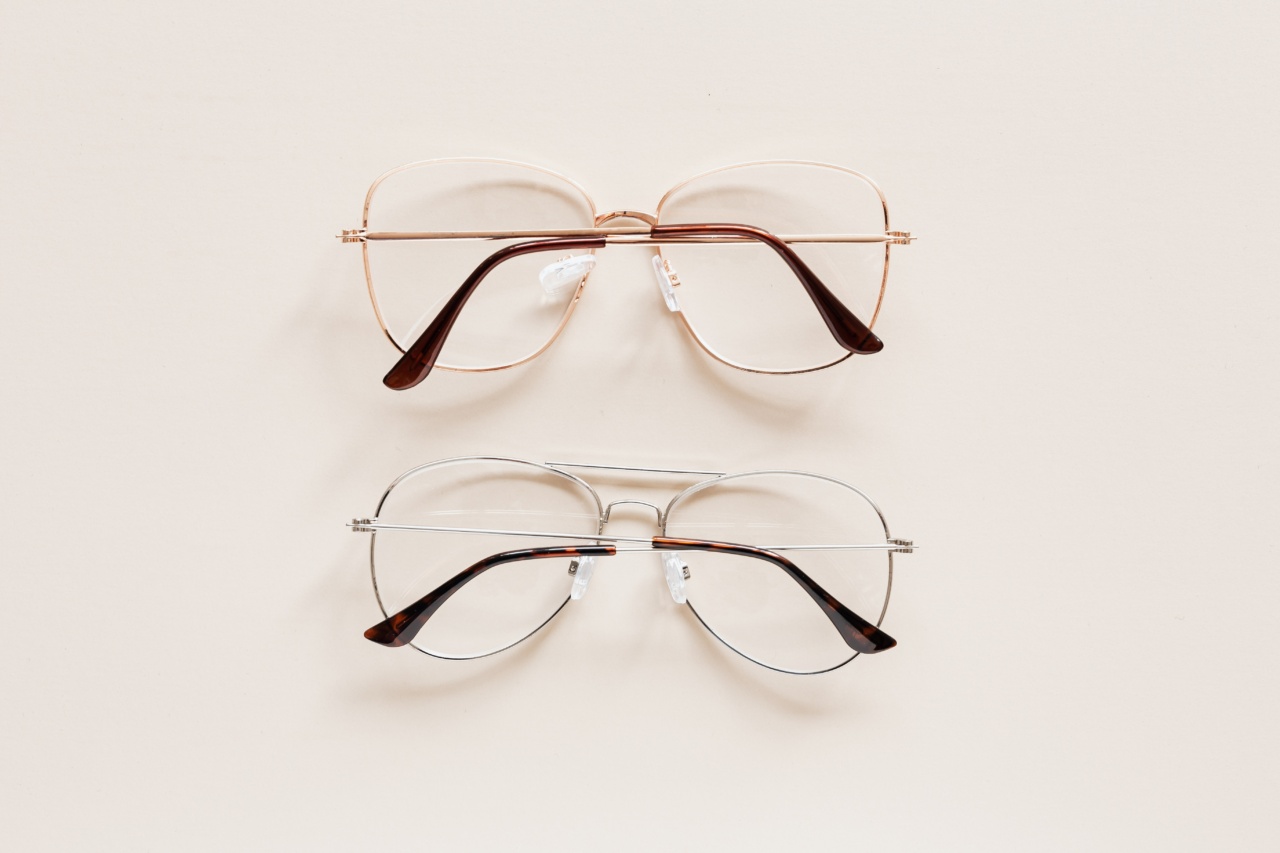Myopia, also known as nearsightedness, is a refractive error of the eye that affects the vision of an individual. It is a common condition, especially in children and young adults, affecting up to 40% of the population in some countries.
Myopia occurs when the eye is longer than usual or has a cornea that is too curved, resulting in light focusing in front of the retina rather than on it.
What are eye drops for myopia?
Eye drops are solutions that are administered directly into the eye as a form of medication or treatment for various eye conditions. Eye drops are available for the treatment and management of myopia.
The eye drops usually contain atropine, a drug that helps to relax the muscles of the eye and control the progression of myopia.
Understanding atropine eye drops
Atropine works by dilating the pupil and preventing the eye from focusing on near objects, which reduces the strain on the eye muscles and slows the progression of myopia.
The use of atropine eye drops is considered effective in reducing myopia progression, especially when started at an early stage. However, it is important to understand that the use of atropine eye drops has its limits in correcting myopia.
Limitations of atropine eye drops
While atropine eye drops are effective in reducing myopia progression, they have their limitations in correcting myopia. Atropine eye drops cannot correct myopia, but rather only slow down its progression.
This means that even when atropine eye drops are used at an early stage, they may not prevent an individual from becoming nearsighted. In addition, the effects of atropine eye drops are temporary and may require a continuous and long-term application to maintain the progression reduction.
Factors affecting the effectiveness of atropine eye drops
The effectiveness of atropine eye drops in reducing myopia progression may vary depending on various factors such as the age of the individual, the severity of myopia, and the duration of the application of the eye drops.
Atropine eye drops are more effective in children under the age of ten years old and those with low to moderate myopia. However, for individuals with high myopia, the effects of atropine eye drops may be limited.
Other treatment options for myopia
While atropine eye drops are an effective treatment option for myopia, there are other treatment options that may be considered depending on individual circumstances. These include:.
- Wearing corrective lenses or contact lenses to correct vision
- Orthokeratology, a non-surgical procedure that uses special contact lenses to reshape the cornea overnight
- Laser eye surgery, a surgical procedure that reshapes the cornea to improve vision
Conclusion
Atropine eye drops are an effective treatment option for reducing myopia progression, especially in children and young adults. However, it is important to understand that the use of atropine eye drops has its limits in correcting myopia.
Other treatment options may need to be considered depending on the individual circumstances. If you have concerns about your vision or myopia, please consult an eye care professional for advice and appropriate treatment options.





























